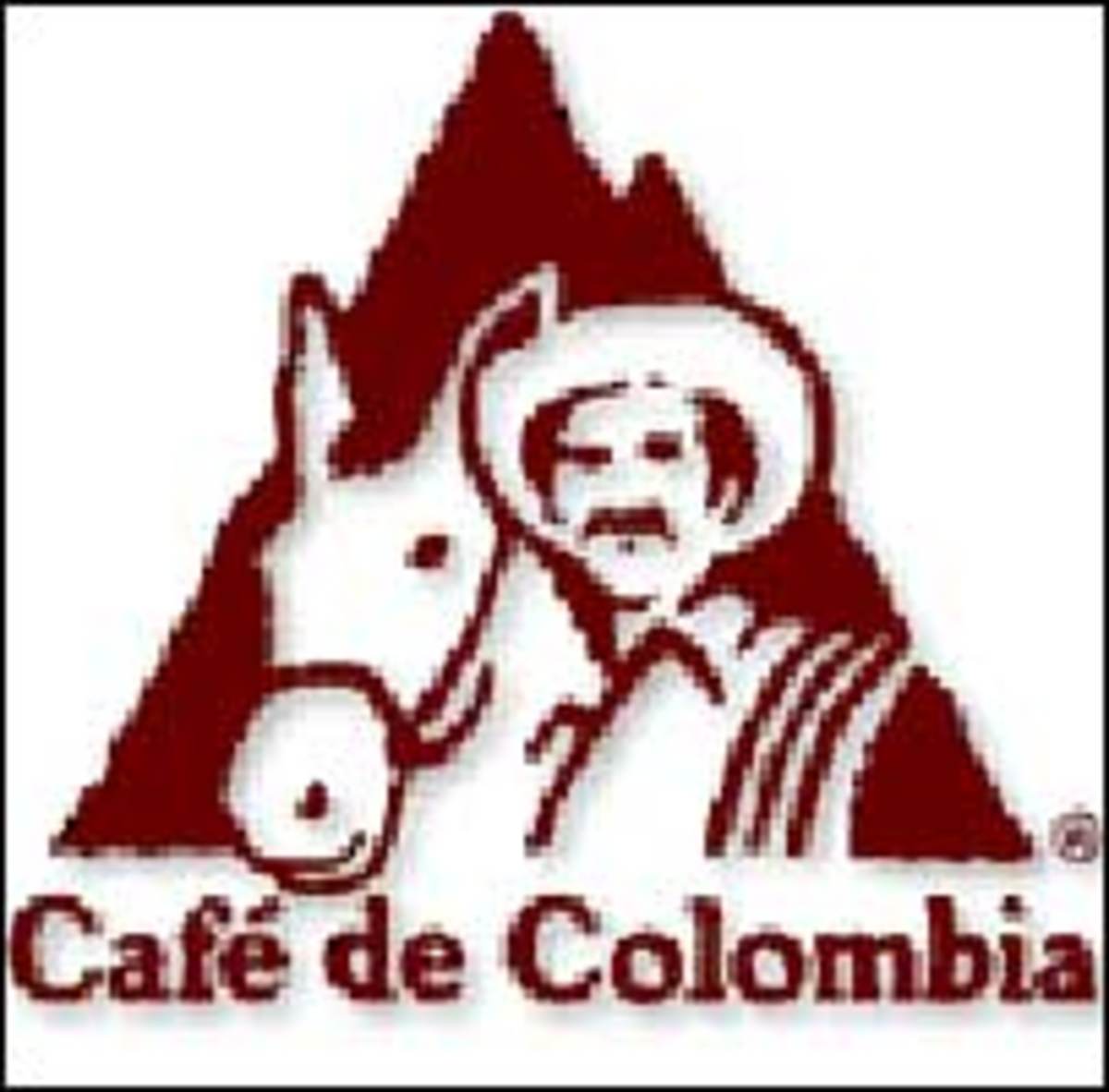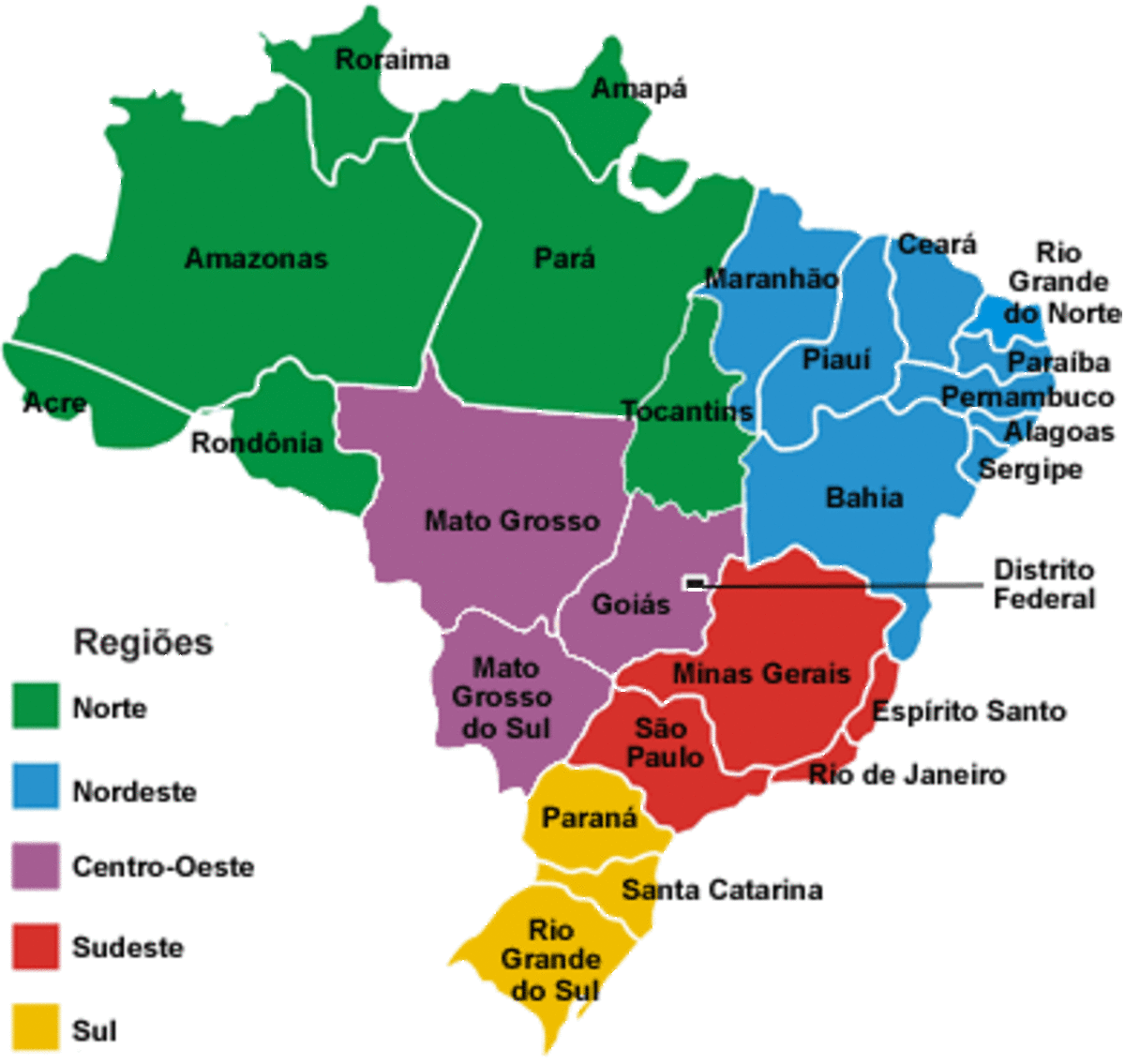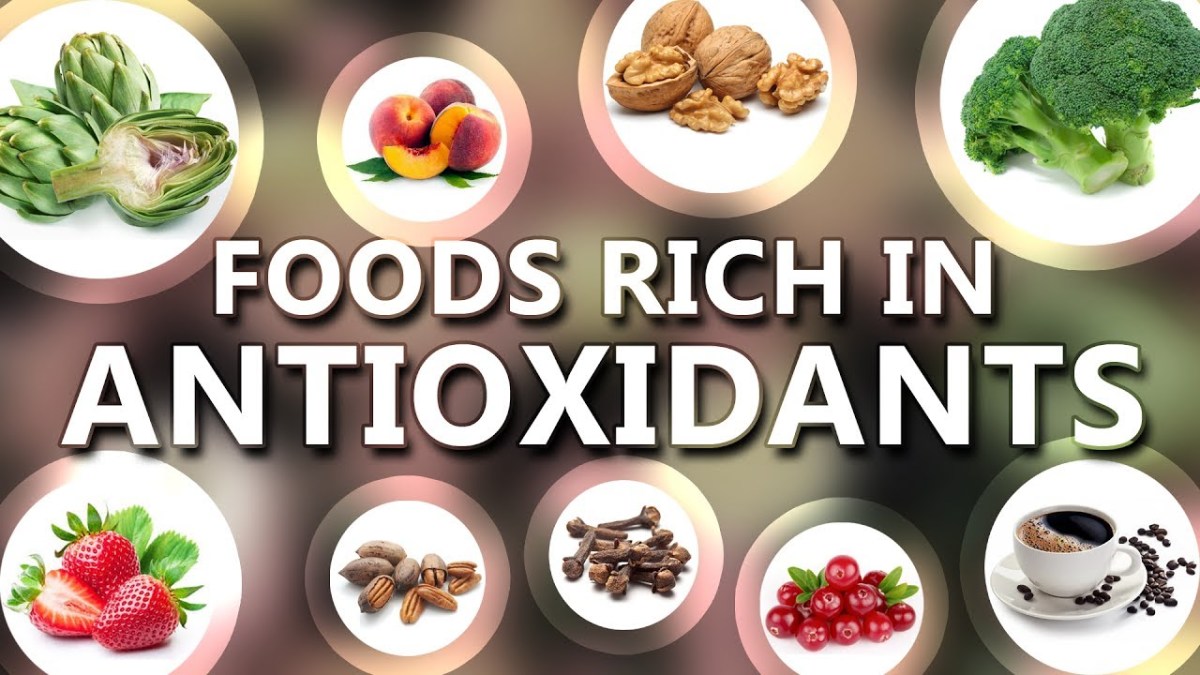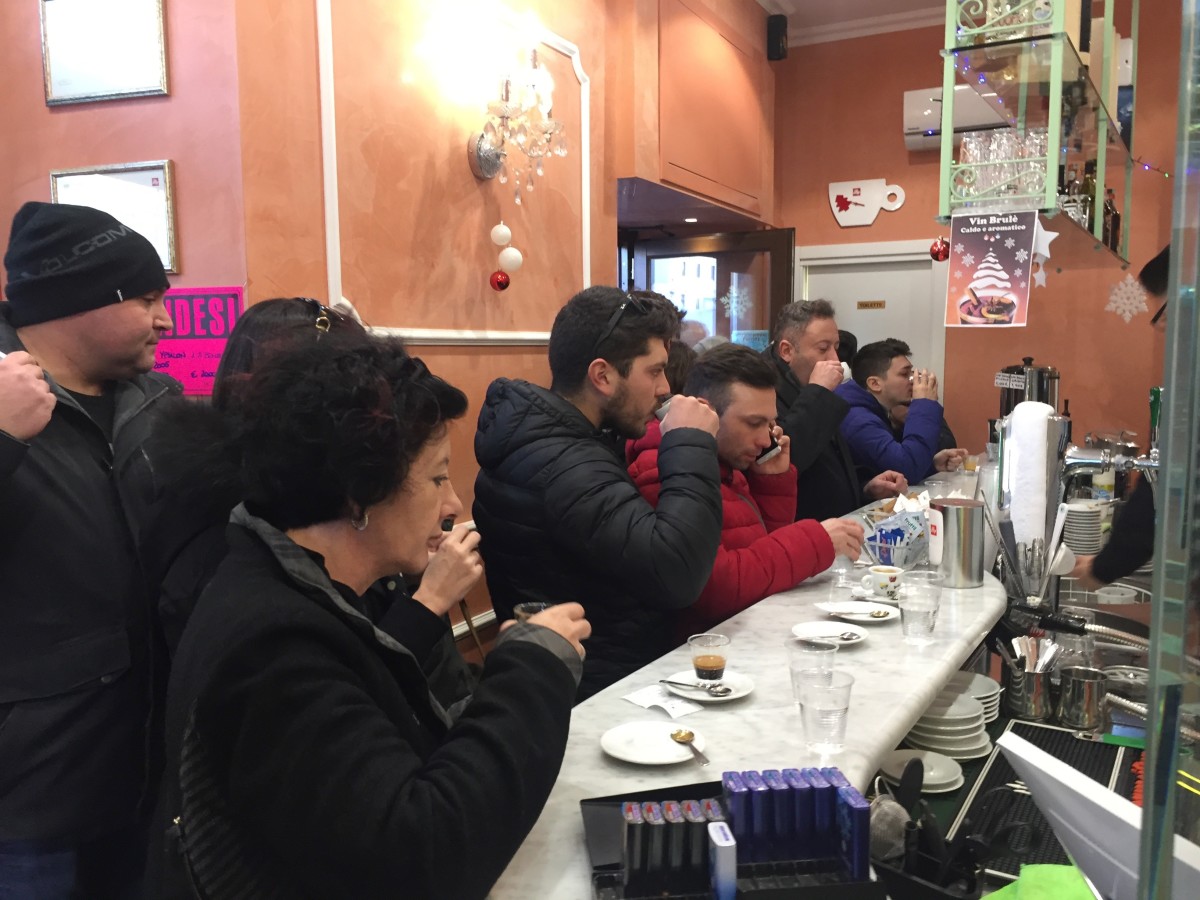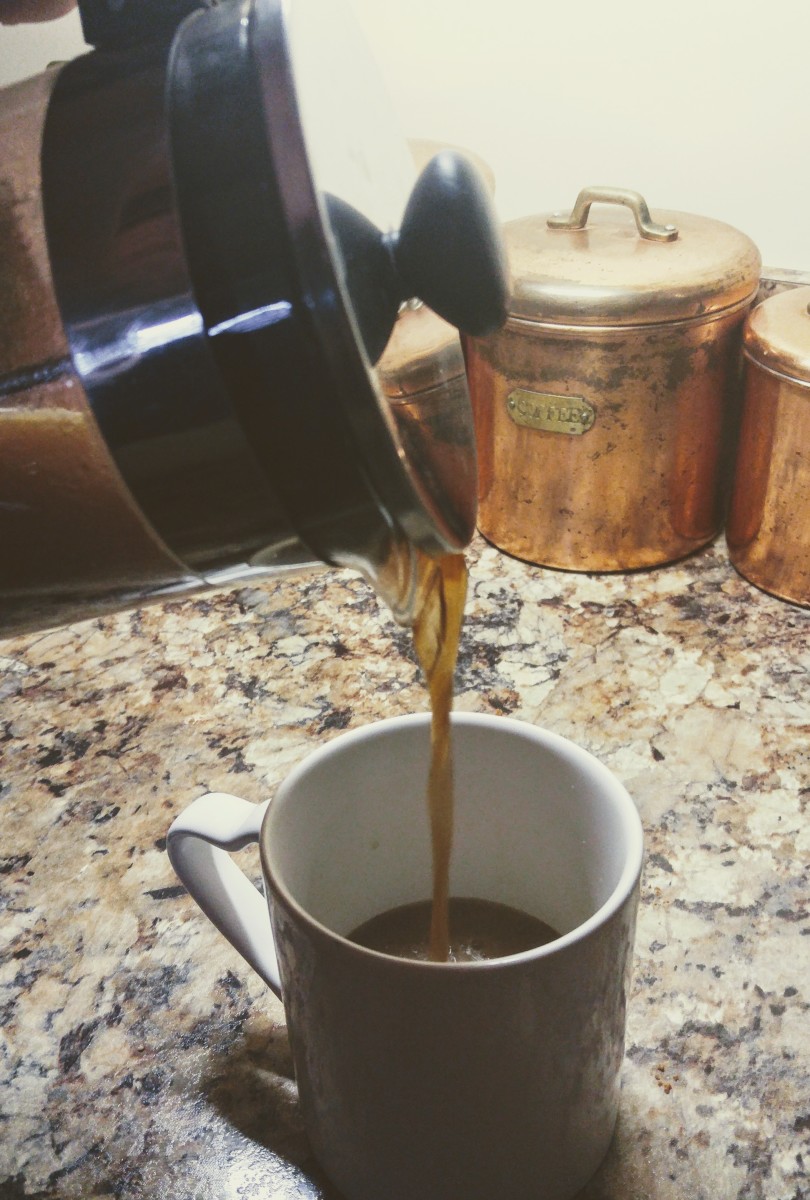That First Cup Of Coffee


First Cup Of Java
If terrorists were a little smarter about defeating America, they wouldn’t be concentrating so much on our oil reliance. They could probably bring our country to its knees simply by cutting off our coffee supply. Many Americans rely on that first cup of Java each morning to kick start their day. Without it, they apparently can’t function normally.
Worldwide over 500 billion cups of coffee are gulped down annually and it’s one of the world's most favorite brews. If you are a coffee drinker, you probably seek that elusive perfect cup… and that requires the perfect coffee beans.
Brazil produces about one-third of the world’s coffee beans because its climate is ideal for coffee bean production. But, does Brazil produce the best coffee beans? Obviously, that’s a leading question and would depend on a person’s individual taste. Brazil employs over 5 million people in cultivating and harvesting their coffee plants.

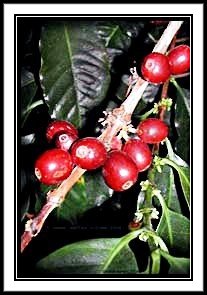
History Of Coffee
The history of coffee for Westerners dates back about three hundred years. But, in the East it was widespread since around 800 B.C. Arabian legends, tell about a black, bitter beverage which acted as a stimulant. Another tale from around 1400, tells of a Yemeni shepherd who, observed a goat herd eating reddish berries that made them restless, excited and jittery. He reported the incident to a local monk. The monk experimented by boiling some of the berries and discovered a rejuvenating beverage that warded off sleep and weariness. Was this the first cup of coffee?
The coffee bean is the seed of the berry, called cherries. It resembles a cranberry and has a sweet pulp. Coffee beans are two flat-sided seeds inside the cherry. Unprocessed coffee is referred to as green coffee.

Originated In Ethiopia
Contrary to popular belief, coffee bean production didn’t originate in Brazil, but rather in Ethiopia. There are approximately 70 countries which produce coffee beans. Besides Brazil, Columbia, Indonesia, Hawaii, Indonesia, Sulawesi, Mexico and Java are some of the largest coffee bean producers. So, now you know where the term “cup of Java” comes from.
The coffee plant is a tree belonging to the gender Coffea. Arabica is the oldest and most popular coffee bean accounting for over 70 % of beans grown worldwide and takes six to nine months to mature. Over 60 varieties of coffee exist, but for commercial purposes, Arabica and Robusta are the most important. Arabica is an aromatic coffee having less caffeine than Robusta. Robusta is said to have a somewhat, earthier taste.
Robusta trees are hearty plants grown at lower altitudes and are more cold, moisture and disease-resistant than Arabicas. Robusta plants mature in about half the time and produce almost twice as many berries at a lower cost. It was discovered in the 1870s, growing wild in the Congo. Robusta beans are sometimes mixed with Arabica to create a blend sharing flavor characteristics of the more expensive Arabica beans.

Special Growing Conditions
However, all coffee plant require special growing conditions. They can't withstand temperatures too hot or cold, or too wet or dry. They need direct sunlight, but only a few hours daily. Generally speaking, the higher the altitude a plant is grown the better flavor it will have. Most Central American coffees are graded by the altitude at which they are grown. So, you can imagine how labor intensive the coffee production process must be.
The most common enemy of coffee plants is a mold called leafrust. It infects leaves and causes them to turn brown and black and eventually causes them to fall off. Lice, caterpillars and other insects are also destructive. In addition, there are a myriad of other factors which could damage the plants such as hail, heavy rain, frost and drought.
Two different methods of coffee bean processing are basically used worldwide, wet or dry processing. Wet processing includes washing the beans and is a slightly more expensive process. However, it significantly improves the quality. The berries are soaked to remove impurities. Unripe berries sink to the bottom, leaving ripe fruit to float to the top for further processing.
Dry processing is used mainly for lower quality Arabica and Robusta berries. Simply put, it requires much less labor than wet processing.
Many times throughout history, coffee become unavailable or too expensive. Examples would be, on Old West cattle drives or the Civil War. During those times, people often used roasted chicory as a coffee substitute. It’s only drawback was chicory had no caffeine. However it produced a more roasted flavor than coffee. But in its defense chicory is more soluble in water, which means you use a lot less of it. Additionally, it’s said to help cleanse the blood and improve liver health. Ingenious individuals also made coffee from roasted acorns, grains or yams. Anything was better than nothing!
Chicory is a perennial brought to North America from Europe in the 1700s. Chicory has a many uses but is best known as a coffee substitute.
In conclusion it’s apparent many Americans rely heavily on their first cup of coffee each morning. But, seemingly it’s been a highly underrated necessity for many of us. Coffee anyone?




